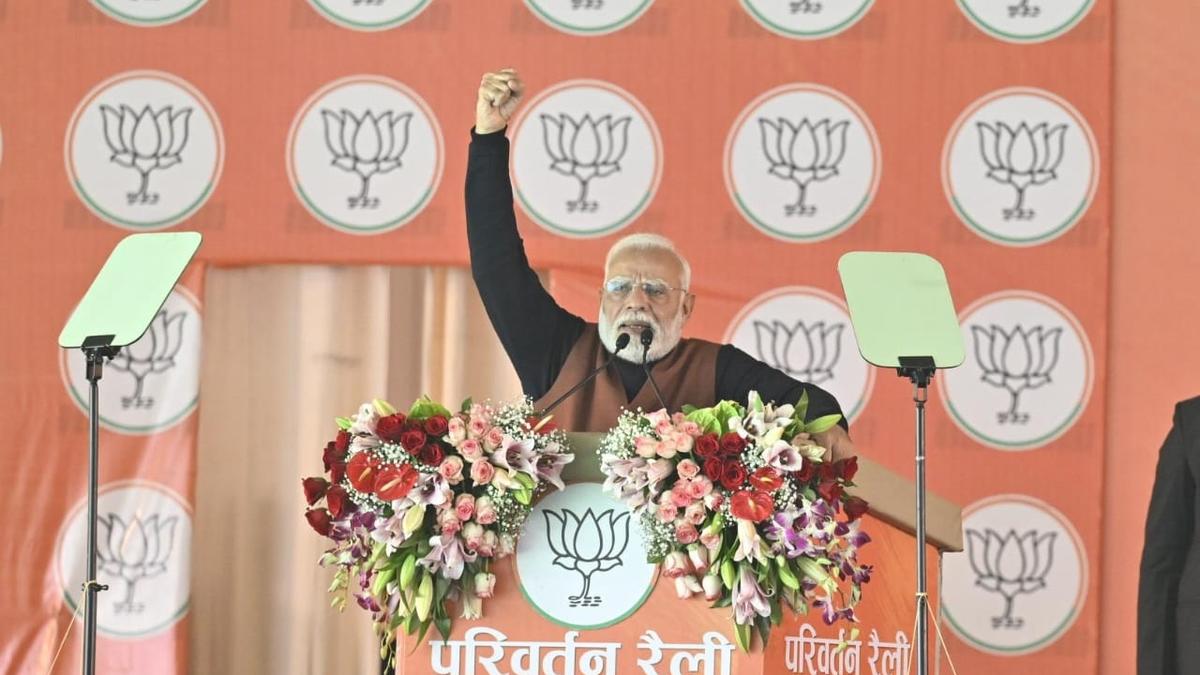Shan Masood‘s latest incarnation, as the
Test captain of Pakistan, is perhaps the most remarkable in a career not short of rebirths and reinventions. His elevation as the successor to Babar Azam was surprising at a number of levels, not least that he only returned to the Test side last season after a gap of nearly two years or that he has only one fifty since then. Or that earlier in the year, when he was similarly and surprisingly recalled to the ODI side after nearly four years out, he came in as vice-captain but was then kept out of the XI for a few games as speculation swirled about an uneasy relationship with then captain Babar.
Some have seen the appointment as him having drawn the short straw, as he faces up to the toughest task in Pakistan cricket – leading a tour of Australia, where Pakistan have been whitewashed in
each of their last five tours. With the board’s future linked to the country’s general elections in February, a loss in Australia and a change in administration could just as easily see Masood out.
But less than 24 hours from the side’s departure to Australia, Masood chose to not see himself as that “sacrificial lamb”.
“We see it as an opportunity,” he said, echoing the words of his team director
Mohammad Hafeez from Tuesday. “When you haven’t done something before in your history, then you are given an opportunity to go out there and try to change it. So that’s what we’re trying to do, to get a positive result for Pakistan and in this World Test Championship.
“And as far as being qurbaani ka bakra (sacrificial lamb), the captaincy, playing as a player in the side, these are all temporary things at the end of the day. As long as you are in that place, or seat, you should relish the opportunity, enjoy it and try and take responsibility, and give your best ability to the team.”
Despite an intermittent international career, Masood has built up some leadership experience along the way. He was captain of Multan Sultans in the PSL, led Derbyshire in the T20 Blast and, most significantly, led Yorkshire in the County Championship last season.
Yorkshire finished
second from bottom in Division two, though that was the result of a
48-point penalty imposed on them in the fallout from the racism hearings earlier in the year.
All three of their wins came under Masood’s captaincy and he averaged 60 in the seven games he played, with two centuries and three half-centuries.
“I’m fortunate that I’ve had such opportunities along the way in my career. I’ve said before that when I became captain of Multan Sultans under Andy Flower, that was a big turning point in my career as a person and player.
“I look back and reflect on that whenever I go through ups and downs as an experience that has helped me as a cricketer. Then at Derbyshire and then the Yorkshire project which was quite a challenging one because of the stuff that was happening there. So, to take that captaincy along, off the field and on the field the issues gave me some experience and hopefully I can use that for Pakistan.”
Though he hasn’t yet made a score of significance since his latest return to the Test side, he was an important cog in
Pakistan’s series win in Sri Lanka this summer. At one down, he set the attacking tempo to which Pakistan batted – the Pakistan Way as it was then called. That aggression has been clear in the small – and not especially successful – sample size of nine innings since his return. He averages less than 25 but is striking at nearly 78. A strike rate of 77.50 in the County Championship was the highest among Division two’s top 50 run-getters.
That intent is likely to continue in Australia, with the hope of more substantial scores.
“I played the England home series, and then New Zealand, and I personally understood my game is going one way,” he said. “The way I played in first-class and county cricket, I wanted to do that in international cricket. I contributed to the team playing in the right way in Sri Lanka. I didn’t make a big score, but if I can take those contributions towards bigger scores then it will be more impactful.
“Recently, I have only played domestic cricket and I’m quite satisfied how my season has gone. I played four matches in September in England, then in Pakistan, the One Day Cup as well, so you look at recent form, that is what you take with you. From that, I feel in a good space and hopefully can contribute big scores.”
Pakistan will have a revamped 17-man backroom staff traveling in Australia, though two of them are based in Australia.
Adam Hollioake is the most notable, coming on as batting coach for the series, with Pakistan hoping to draw from his local knowledge and expertise. Simon Helmot, who has worked with several franchises on the T20 circuit, has been drafted in as the high performance coach.






